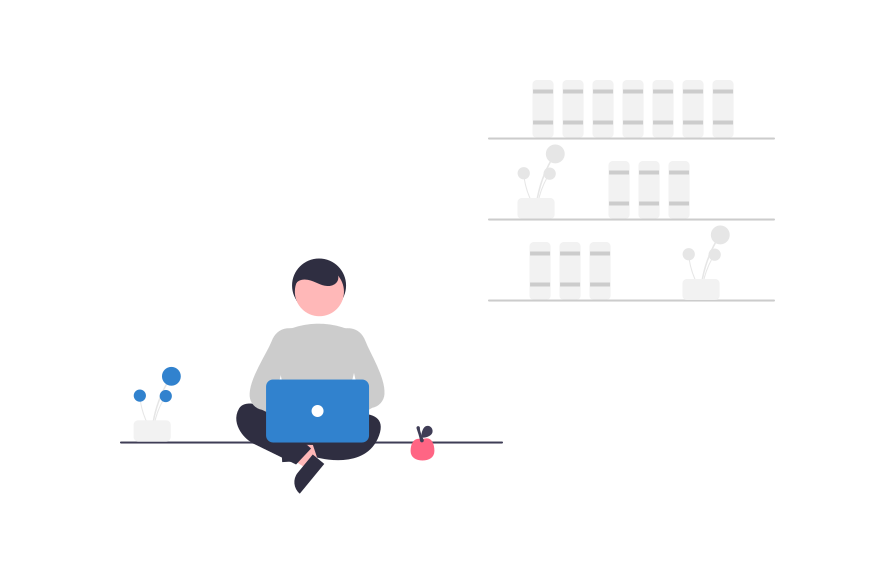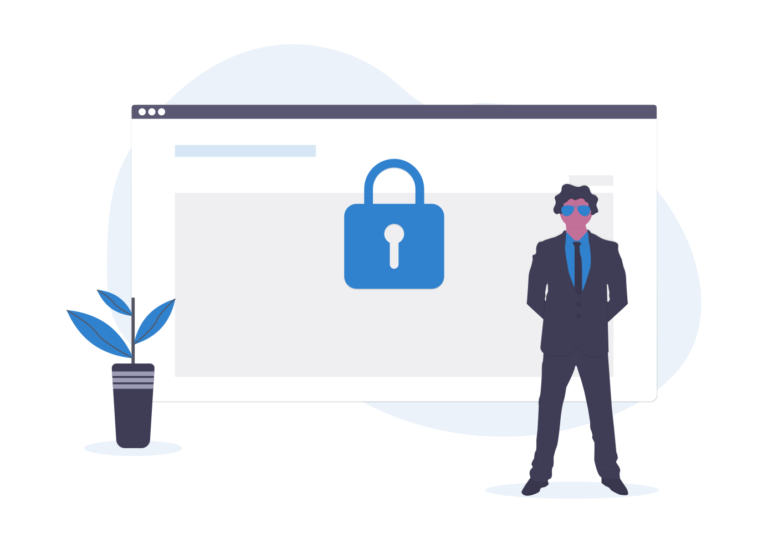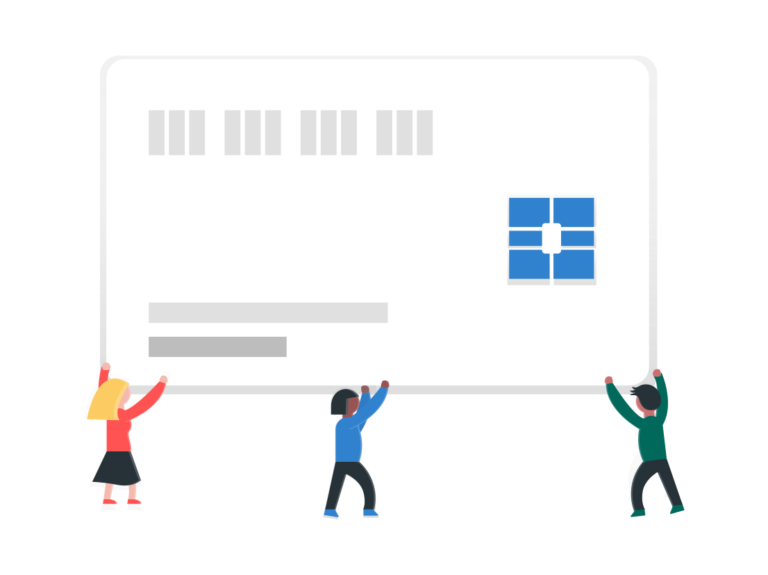The Truth About Freelancing

I had plans for several internship and travel opportunities during the summer before my senior year of college. They ended up falling through which left me to figure out how to salvage my summer. After some brief research I landed on freelancing. Unlike many “get cash quick” strategies, freelancing is a tested and growing practice. There are millions of people who freelance every year, and many employers are becoming more comfortable with hiring freelancers on a more flexible basis. This was ideal for me because I did not want to commit to a full time job.
Eager to jump right in, I quickly settled on using Upwork to find a gig. I felt I was most likely to find copywriting jobs, considering my experience in my major and working at my university’s writing center. I created a profile which highlighted my skills and started sending out proposals to open listings.
This is when I started to learn what freelancing really entailed. While it’s true tools like Upwork make finding jobs easier, it is also true that for each position you’re interested in, there are likely dozens (if not hundreds) of freelancers also competing for the same spot. At first, none of my proposals were getting hits. My account was brand new, and as a result it had no reviews to vouch for my skill and dependability. Potential clients were less likely to select me over well reviewed freelancers. This was incredibly discouraging and is honestly one of the most difficult parts of starting as a freelancer. I had no doubt I could produce great work. Someone just had to give me a shot. (Read more about how to land your first freelancing gig here).
Eventually, I did get that shot. Nearly two years later, I have earned around $20,000 and worked over 1000 hours for multiple clients.
Here’s what I’ve learned from my journey so far:
Understand the Hidden Costs: Freelancing services love to boast about how much their freelancers can make. While these claims may be technically true, it’s important to keep in mind what the numbers actually mean. At first glance, freelancing rates can seem incredibly attractive compared to traditional hourly pay or salaries. But there are certain disadvantages which aren’t covered as often. For one, freelancers are almost always responsible for keeping track of and filing their own taxes. Rather than a specific amount of their pay being automatically withheld for taxes, freelancers need to keep track of all their earnings and be sure to correctly file state and federal taxes every year. Additionally, freelancers typically do not receive benefits like health care, which can be expensive when paid out of pocket. Understanding these costs will help you make better decisions about the gigs you accept.
Take Full Advantage of the Benefits: Freelancing can be an awesome opportunity for anyone looking for independence in their career. However, to get the most out of your freelancing experience be sure to take full advantage of the benefits. The most obvious benefit is flexibility. As a freelancer you have full control over which jobs you apply to and can decide your hours and the time of year that you work. This can be fantastic for students as they can choose to work during the summers and take breaks during the school year. Additionally, if you end up working with a client you don’t like, there is no requirement to continue working for them after you complete your job. With freelancing, you get to choose your work and your boss.
Have Realistic Expectations: The most difficult part of freelancing is keeping your own expectations in check. Don’t become overly optimistic about the kinds of jobs you’ll be able to pick up at first. And don’t be discouraged if finding that first job doesn’t come easily. Starting in freelancing can be difficult! As long as you focus on the elements of freelancing you can control, it can be a highly rewarding experience.






